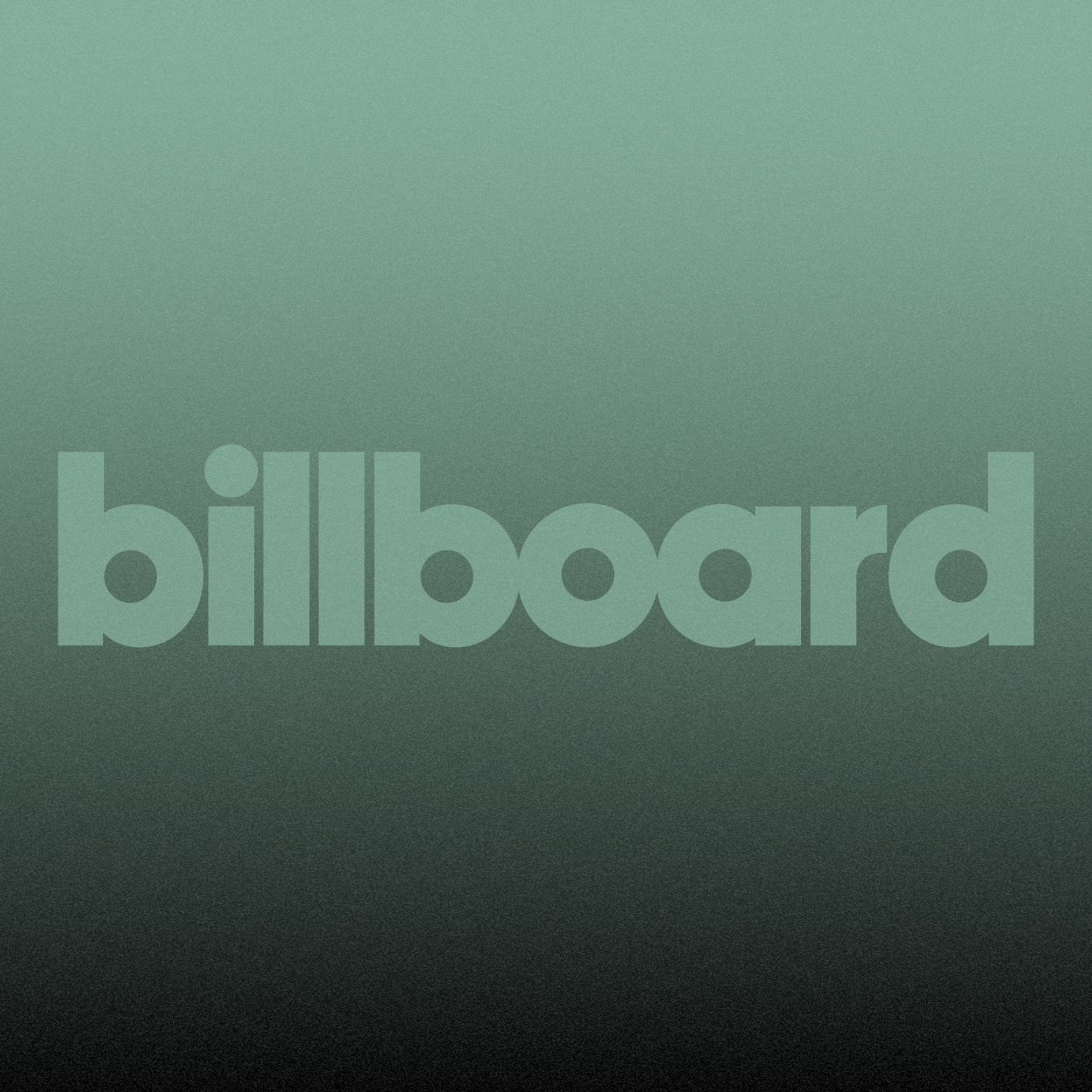Here’s Why Drake Lost His Lawsuit Over Kendrick Lamar’s “Not Like Us”
Why did a judge dismiss Drake’s defamation lawsuit against Universal Music Group (UMG) over Kendrick Lamar’s “Not Like Us”? Because, legal experts say, it never made much sense.
Drake’s case claimed he was defamed by the diss track, arguing that millions of people believed Kendrick when the Compton MC called his rival a “certified pedophile.” But in the wake of a judge’s ruling dismissing the case at the earliest stage, legal experts tell Billboard that Drake’s case was doomed from the start.
“Holding a rapper or their producer liable for lyrics in a diss track seemed contrary to basic defamation law from the beginning,” says Roy Gutterman, the director of the Newhouse School’s Tully Center for Free Speech at Syracuse University.
When Drake first filed his case, it prompted ridicule in world of hip-hop. The idea of hiring lawyers and going to court over a diss track felt antithetical to rap music, a genre rooted so heavily in authenticity, credibility and, at times, heated rivalries: “What part of the game is that?” asked A$AP Rocky in an interview last month. “What type of shit is that?”
But more quietly, legal experts had long been arguing that such a lawsuit was also antithetical to the world of defamation law and constitutionally-protected free speech — where courts are willing to restrict outright lies, but give wide leeway to opinions and artistic expression.
Way back in May 2024, as Kendrick and Drake exchanged ugly accusations in a series of scathing songs, legal commentators began to wonder if either rapper might have the audacity to take the fight to court: “Has anyone ever filed a defamation lawsuit over a diss track before?” joked Matt Ford, a legal reporter at the New Republic.
Months before such a case was actually filed, it felt downright unthinkable. No rapper would ever risk their reputation to file a libel case over an insulting lyric, right? But Billboard decided to poll the experts anyway, asking how such a hypothetical case a might go. The answer was pretty clear-cut: It would be very hard to win a defamation case over a rap battle.
“The public … has to believe that the speaker is being serious, and not just hurling insults in a diss fight,” Dori Hanswirth, a veteran media law litigator at the firm Arnold & Porter, told Billboard at the time. “The context of this song-by-song grudge match tends to support the idea that this is rhetorical, and a creative way to beef with a rival.”
That legal landscape didn’t scare off Drake’s attorneys, who went ahead and filed such a case in January, accusing UMG (but not Kendrick himself) of defamation over “Not Like Us.” In later filings, they said many fans had, on the contrary, taken Lamar’s lyric quite literally: “Millions of people, all over the world, did understand the [song] as a factual assertion that plaintiff is a pedophile.”
As Drake battled in court, more lawyers voiced skepticism. In a brief filed May, a group of legal scholars said the case was legally “faulty” and urged the judge to “consider rap music’s history and artistic conventions.” Diss tracks are not seen as “a series of news reports,” they said, but as “hyperbole, bluster, and demonstrations of disrespect” that are “designed to entertain and impress their audience.”
When Judge Jeannette Vargas finally ruled on the case on Thursday (Oct. 9), she followed precisely that line of logic that experts had been arguing from the start. The judge said that context was crucial — and that diss tracks were an artistic medium in which fans would expect “hyperbolic vituperations” rather than “sober facts.”
“The recording was published as part of a heated public feud, in which both participants exchanged progressively caustic, inflammatory insults and accusations,” Judge Vargas wrote. “This is precisely the type of context in which an audience may anticipate the use of epithets, fiery rhetoric or hyperbole rather than factual assertions.”
In reaching that conclusion, the judge was hardly breaking new legal ground. Instead, she was just sticking to the legal consensus — one that the experts say they were predicting from the start.
“The court recognized the nature of the artistic expression and the rap genre itself,” Gutterman, the Syracuse professor, tells Billboard. “The First Amendment provides lots of protection for statements of opinion as well as artistic expression. This decision reflects that.”
For the history of Drake and Kendrick Lamar’s feud, read through Billboard’s timeline below.







